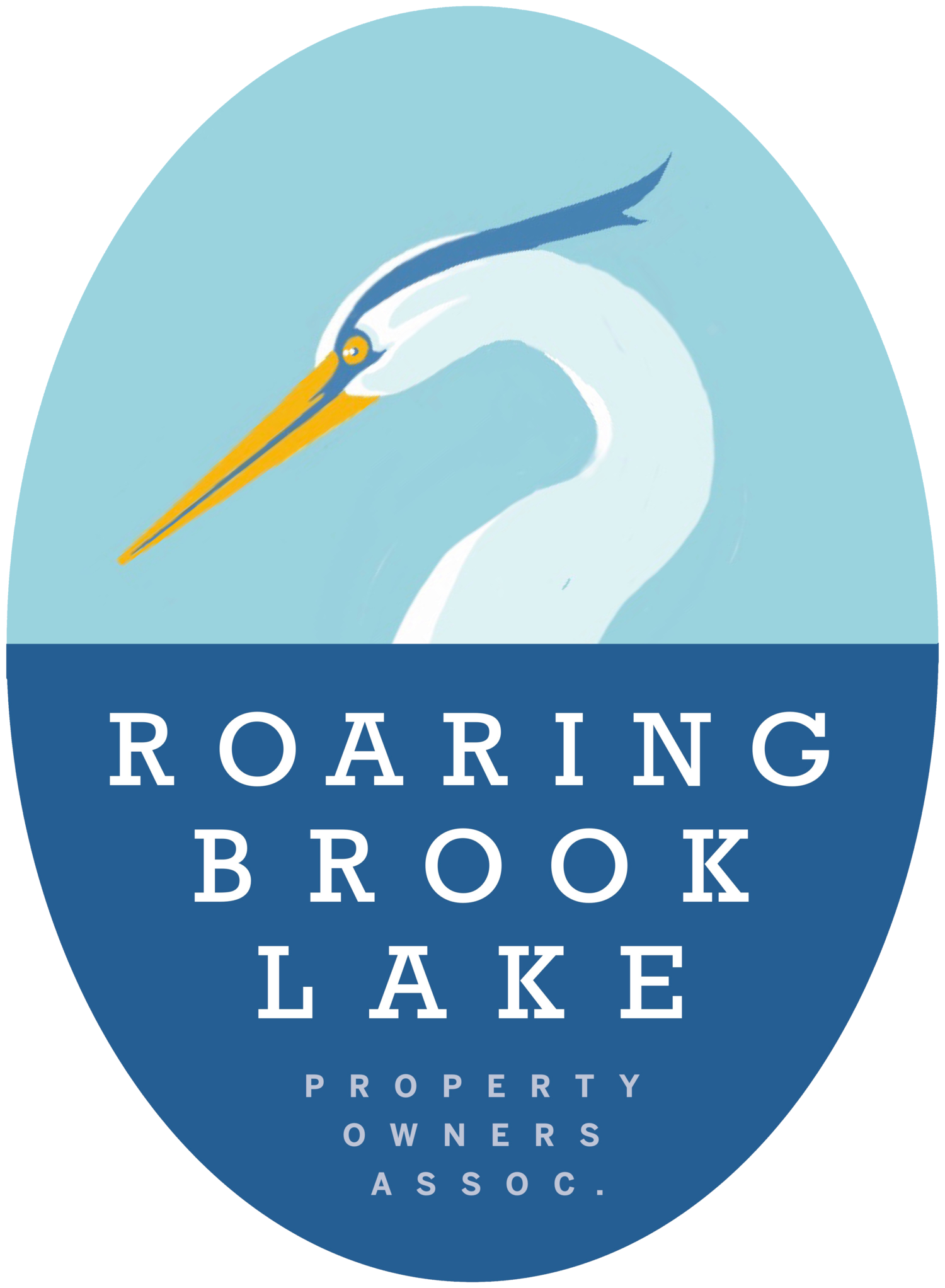RBL District Meeting & Water Quality Update
The water in Roaring Brook Lake is “adequate to good” for almost all activities on the lake, according to Certified Lake Manager Alejandro "AJ" Reyes of Northeast Aquatic Research (NEAR). He warned the lake’s health can be impacted by small decisions by the residents. The single most important action residents can take to keep the lake healthy: clean out their septic tanks every 3-5 years. Not only does it ensure the health of the lake, it’s also required by law: all Roaring Brook Lake residents must show proof to the town by September 1, 2022 that they have pumped their septic tank out within the past five years.
AJ reported his 2021 findings at the Roaring Brook Lake District Meeting + Water Quality and Management Update on June 4, 2022 at Putnam Valley Town Hall. After an introduction by Supervisor Jacqueline Annabi, and a few words from Mike Moculski, president of the RBLPOA, AJ gave a PowerPoint presentation on Water Quality and Lake Management. There was a question and answer session afterwards. Both Supervisor Annabi and RBL Liaison Councilman Christian Russo were in attendance. Afterwards there was a discussion about the WSP Dam repair project. You can watch the full video below.
A few highlights from AJ’s talk:
Harmful algae blooms are infrequent, driven by wind patterns. He does not recommend large scale interventions to manage harmful algae blooms. But residents should send photograph – one close up and one further away – to admin@rblpoa.com if they suspect a bloom in the lake.
AJ will be focusing on reducing harmful algae blooms at the watershed – where the water enters the lake – to reduce the amount of nutrients entering Roaring Brook Lake. The first test will be a filter across a riverbed aimed at reducing phosphorus at the north end of Roaring Brook Lake.
When pumping your septic tank, please check the condition of the leach field as well as tank. We have older septic technology at Roaring Brook Lake and that can hamper treatment efficacy. When possible, discuss updating your tank or your leach field.
Do not rake or blow leaves into the lake – this can reduce oxygen levels in the lake.
Thanks to Fahnestock Park surrounding our lake, our lake is healthier than many others in the region. And residents can keep it that way by:
Using rain gardens/barrels to infiltrate/capture rainwater.
Using porous pavement/pavers on driveways and other surfaces to aid in infiltration.
Limiting fertilizer use close to lake and drains and use slow-release nitrogen fertilizer when possible.
Refraining from altering shoreline if possible, or planting native, long-rooted plants near the shoreline.
AJ will be at the September 10, 2022 POA Meeting at Children’s Beach to answer more questions.

